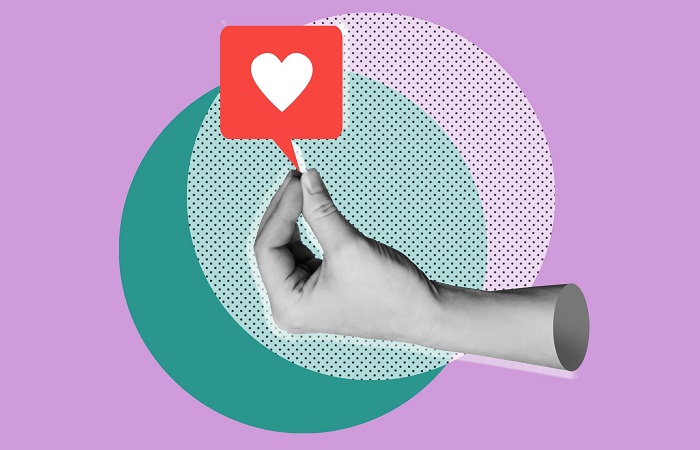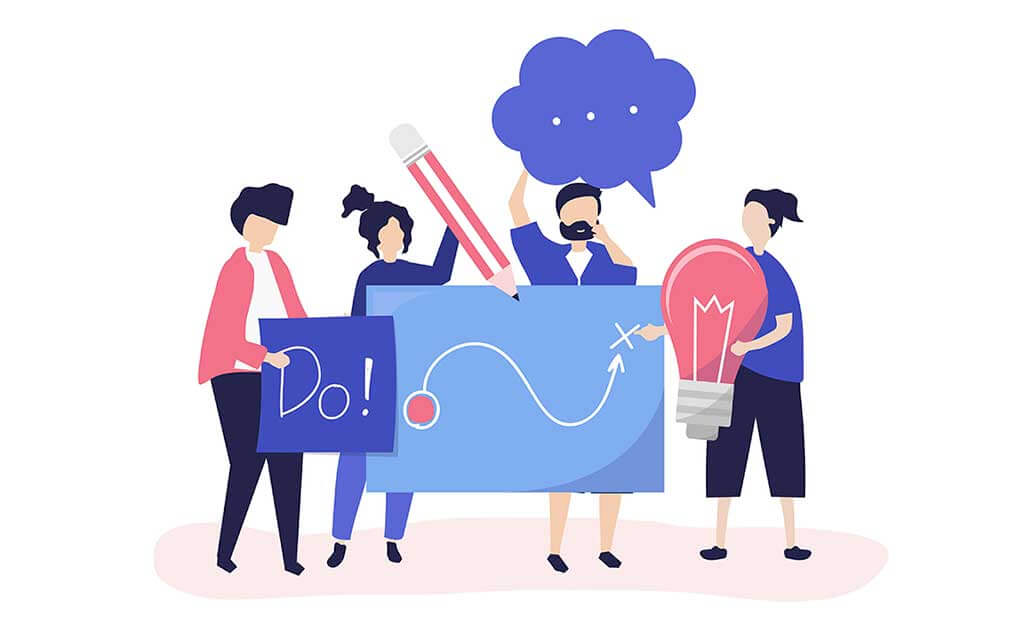
Table of Contents
Influencers–The beginning of an era
Influencers have always had a role in our human lives–in different forms and representations. I mean, many people have “influenced” their generation and community throughout history. But how have they changed marketing? In today’s blog, we’ll find it out!
The first time that the word “influencer” was used in the English language was back in the mid-1600s, or to be more clear, in 1662. Many resources like Storyly have mentioned that the Queen and the Pope were the first people who influenced people to buy or do things just because of their reputation, fame, and power. Moving forward, in the 20th century, brands started to recognize that old marketing methods might not have the impact they used to have on people; so, many brands started to use influential and popular characters, fictional and non-fictional, to advertise their products. For example, in 1931, Coca-Cola used Santa Claus’ figure to advertise the drink. Actually, the friendly old man figure that we know as Santa nowadays, was created by Coca-Cola and the drink, Santa, and the brand became crazy popular!

The evolution of marketing
Marketing has always had different faces. Of course, as time goes by, methods become more creative, modern, and adaptable to contemporary human needs. From 1000 years ago when our ancestors tried the barter system until today that we have more than 50 marketing strategies out there, which indeed sometimes confuse us! Since mass production came along with the industrial revolution, companies started to feel a sense of need for advertising according to the product for a target audience. From big posters and banners to creative packaging that encouraged consumers to buy their products, companies always wanted to do things that would sell the goods. These “things” formed a concept that nowadays we know as advertising and marketing.
Let’s review some of the most important events in marketing history!
- 1741: The first American magazine named Philadelphia was published.
- 1839: Posters became popular.
- 1905: The University of Pennsylvania offers “The Marketing of Products”.
- 1922: The first radio advertisement.
- 1941: The first TV advertisement.
- 2000: Google introduces PPC SEM with AdWords.
- 2004: Social media begins (Facebook was founded).
- 2013: Advertising reaches $6.2 billion.

How do influencers influence us?
If you have an Instagram, Twitter, Facebook, or TikTok account you have certainly watched popular influencers doing different things on social media. You might have even started following some of them, too. Influencers have different aesthetics, fields of activity, lifestyles, messages, and goals. Influencers want to reach a wider range of audiences depending on the subject of their niche. The number of social media users is an increasing number. For example, with a 6.5% rise from 2022, there are 4.89 billion social media users in 2023. For influencers, this means more people that might be interested in what they are presenting.
When we follow influencers that enjoy their content, they begin to spontaneously have a significant impact on our behavior and decision-making processes. They possess a strong ability to persuade and shape opinions due to their expertise, credibility, and vast following. Through their content and recommendations, influencers can create trends, promote products, and influence your choices. Influencers can inspire you to buy particular products, listen to a special band, make changes in your lifestyle, or help you find out your interests. Their authentic and relatable communication style allows them to connect with their audience on a personal level, which makes their influence more effective. By leveraging their influence, influencers can shape societal norms, influence purchasing decisions, and even drive social and cultural change.
What types of influencers are there?
There are many types of influencers categorized based on various qualities. As the audience, a business owner, an entrepreneur, or even a person who wants to become an influencer, it’s good to know some of the most important categories of influencer types.
Based on the number of followers
- Nano: 1K-10K followers
- Micro: 10K-50K followers
- Mid-tier: 50K-500K followers
- Macro: 500K-1M
- Mega: 1M-5M
Based on the content they create
- Fashion
- Health & Wellness
- Beauty
- Lifestyle
- Food
- Pet
- Sports & Fitness
- Travel
- Parenting
- Gaming
- Technology
- Entertainment
- Business
- History
- Politics
- Social Matters
Based on the type of content they create
- YouTubers
- Podcasters
- Bloggers
Diving deep into influencer marketing
With the rise of influential individuals on the internet (aka influencers), a form of effective marketing came up and grew increasingly ever since. Generally speaking, influencer marketing is one of the most effective marketing strategies. Based on social media marketing statistics, 61% of consumers feel a sense of trust when an influencer recommends a product. On the other hand, only 38% of people trust the social media content of the brand itself. For that, many business owners, big or small, hire influencer marketers to help them increase their sales.

How does influencer marketing work?
Influencer marketing is a strategy that involves collaborating with influencers, to promote products or services to their engaged audience. It works by leveraging the trust and credibility that influencers have built with their followers, who look to them for recommendations and advice. The process typically involves identifying relevant influencers in your industry, establishing a partnership or sponsorship arrangement, and creating content or campaigns that align with both the influencer’s brand and your own. This process might differ from one industry to another and from one influencer to another. Nowadays, finding the right influencer has become easier with freelancing platforms, because you can hire digital marketing experts that can help you find the right one(s) or even handle the whole process from beginning to end. Furthermore, connecting to the influencer might take time. They often have different ways for you to contact them, however, most of them use email for business inquiries. Lastly, influencers have different policies to promote your product. Some of them might create exclusive content for you and some of them might require the content from you, as the business owner, and post it on their social media. Anyway, the more you collect information about influencer marketing or get help from a professional in the journey, you will get better results out of this amazing experience.

What are the benefits of influencer marketing?
Three main benefits of influencer marketing are:
- Increased brand visibility and awareness
- Access to a targeted audience
- The ability to build trust and credibility
Well, let me explain: Partnering with influencers, you can reach a wider audience and gain exposure to potential customers who may not have been aware of your brand before that. Influencers have established trust with their followers, and when they approve your product or service, it can give more public credibility and authenticity to your brand. Additionally, influencer marketing allows you to tap into a targeted audience that closely aligns with your target market, ensuring that your message reaches the right people who are more likely to be interested in your offerings.
Impact of influencer marketing on consumer behavior
As we learned earlier, influencers play a significant role in shaping consumer behavior and driving product purchases. Here’s a complete explanation with five noticeable points 👇🏻
- Authenticity: Influencers build trustworthiness by sharing their experiences and opinions, making their followers more likely to accept their lifestyle choices.
- Aspiration: Influencers often lead luxurious and aspirational lifestyles, which can inspire their followers to desire similar experiences and possessions. This is not a healthy point, though.
- Social Proof: Seeing influencers use and validate products or services creates a sense of social proof, meaning their followers are influenced to perceive those products as desirable and worth buying.
- Expertise: Influencers often position themselves as experts in specific niches, making their recommendations and endorsements more persuasive and powerful.
- Engagement: Influencers actively engage with their followers, creating a sense of community and breeding a personal connection that can lead to a stronger persuasion over their consumer choices.
Learn more: Guide to Make an Excellent Customer Journey
Last but not least
In general, it can be said that influencers have revolutionized the world of marketing. We can’t underestimate their impact, as they have changed the way brands connect with consumers. Influencers have become powerful allies in promoting products and services, leveraging their authenticity and relatability to build trust and credibility. As the influence of traditional advertising continues to decline, influencer marketing has emerged as a game-changer, allowing brands to reach targeted audiences and create meaningful connections. In this new era of marketing, embracing influencers is not just a trend, but a necessity for brands looking to stay relevant and make a lasting impact.










